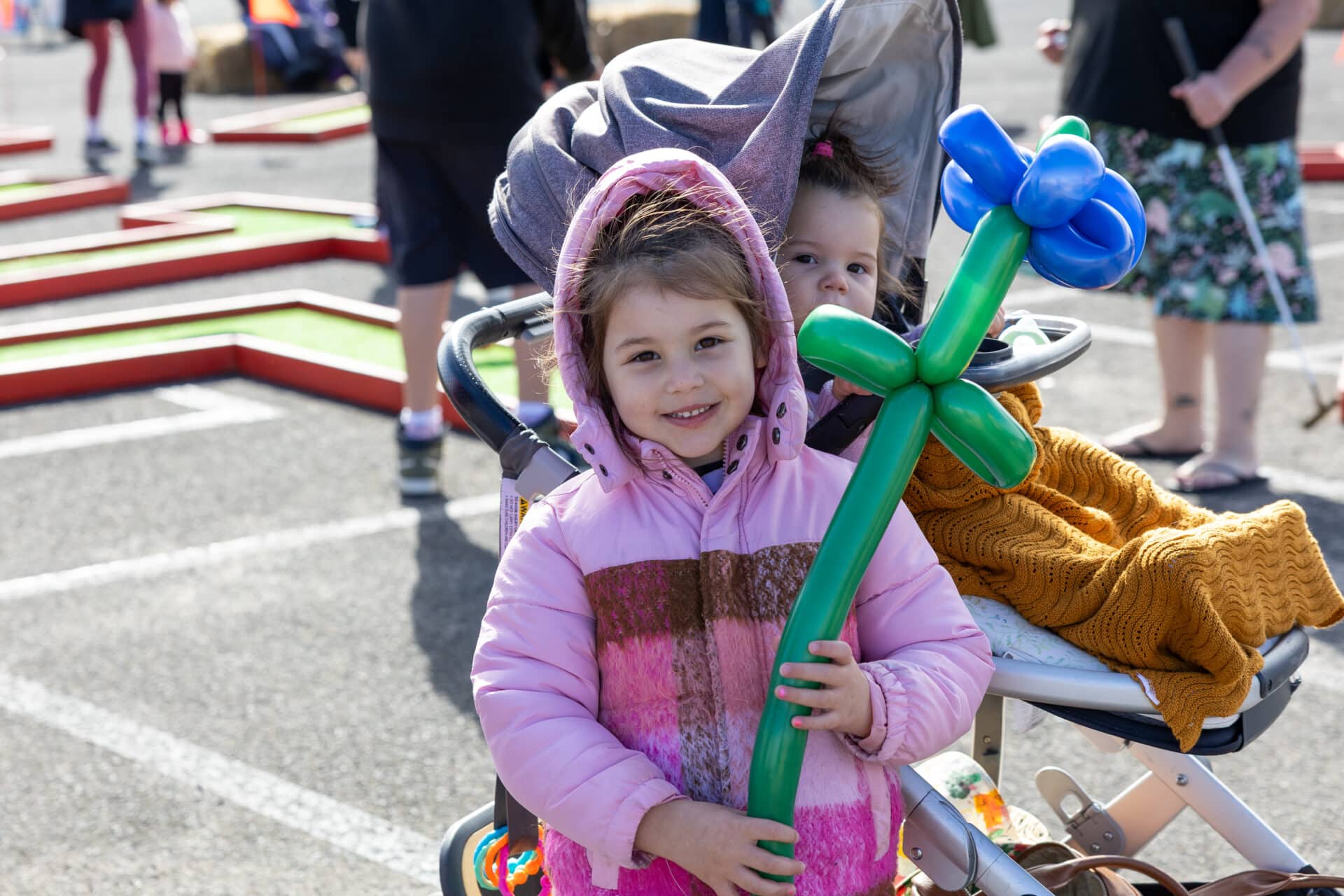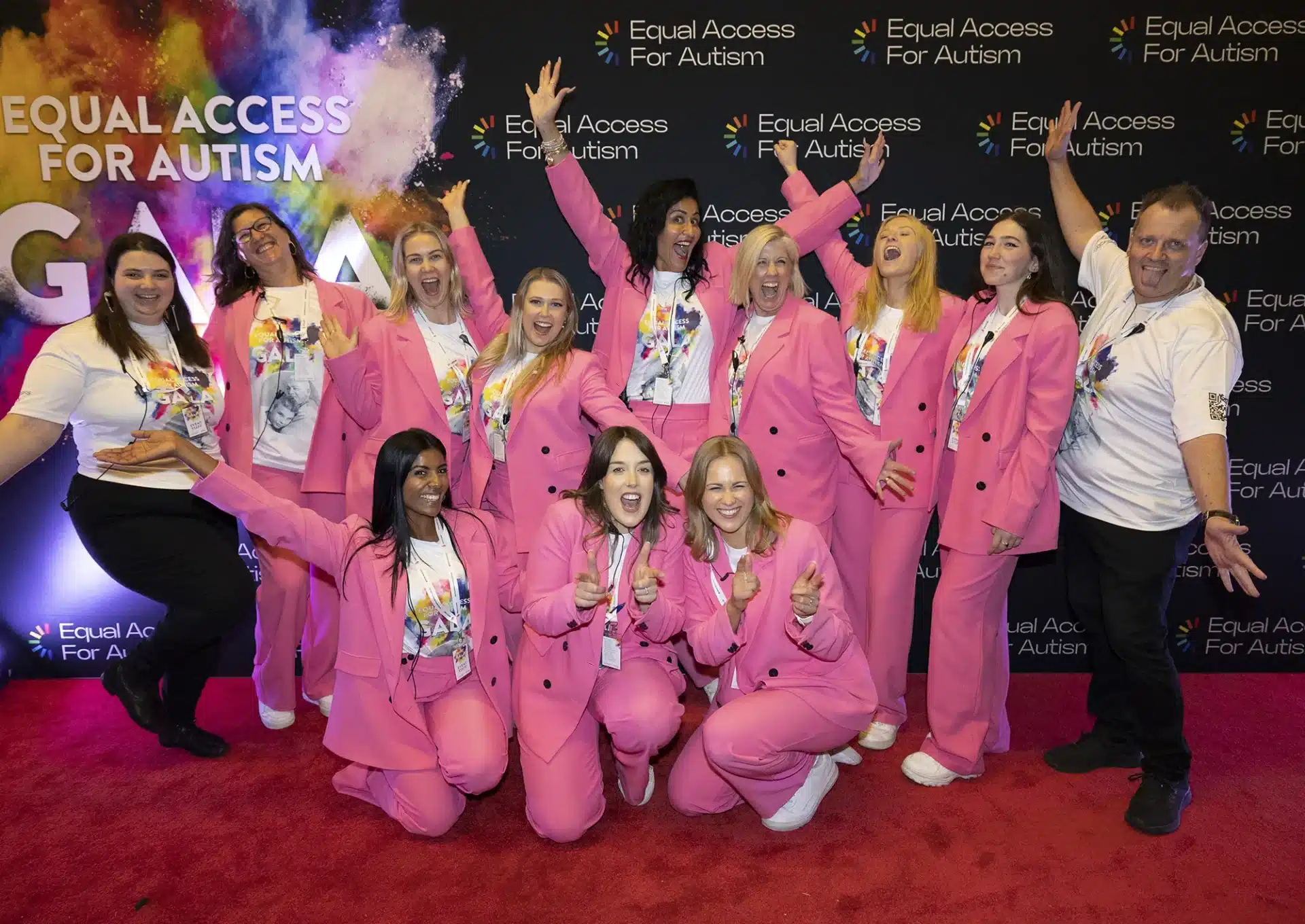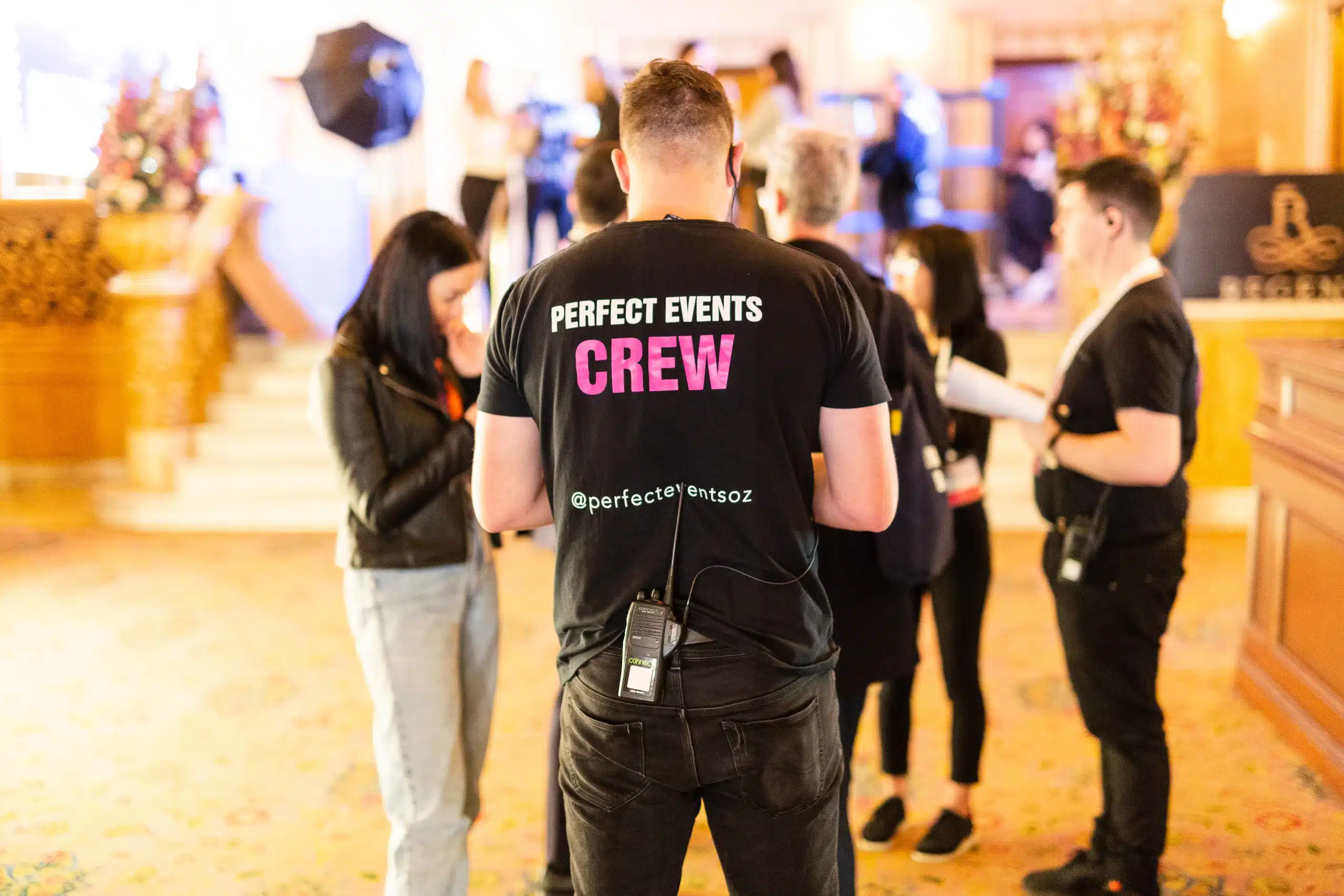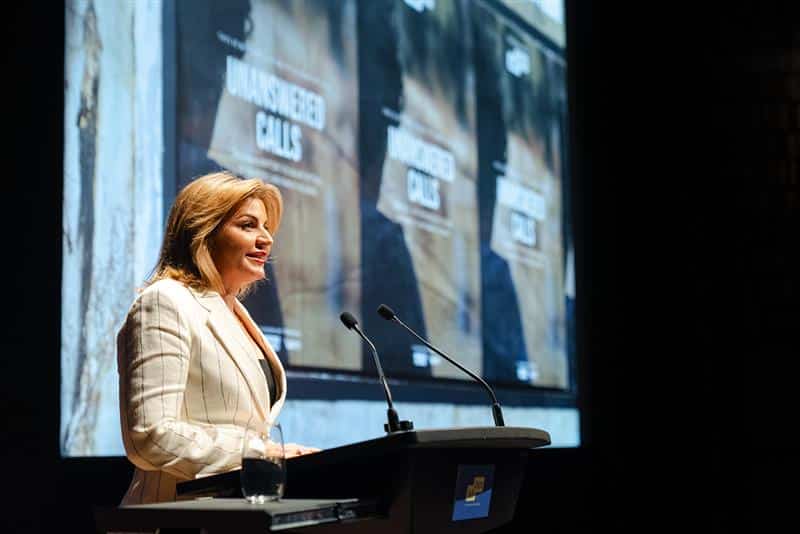Charity Events, Event Operations, Event Planning, Events, Events Melbourne, Fundraising
Event Planning Checklist for Councils
By Sarah O'Bryan
2 min read | May 15, 2025

Because community events should create connection — not chaos.
Community festivals. Street parties. Cultural celebrations. If there’s one thing councils do best, it’s bringing people together. But behind every successful event is a whole lot of paperwork, planning, and public expectations.
If you’re a council officer, events manager, or even a first-time planner tasked with putting on the next big community celebration — this blog is for you. At The Perfect Events Group, we’ve worked with councils across Victoria and the nation to produce meaningful, safe, and unforgettable events. And we know that getting it right starts with getting organised.
Here’s your go-to Event Planning Checklist for Councils — so your next public event runs like a dream (not a debrief).
1. Define the Purpose and Outcomes
Before booking bands and printing signage, get crystal clear on the “why.”
Are you celebrating a local milestone? Supporting traders? Promoting health and wellbeing? Setting the purpose from the beginning helps guide every decision that follows — from budget to branding.
2. Confirm Dates, Times, and Stakeholders Early
- Lock in event date(s) early to avoid clashes with other local or major events.
- Book key stakeholders, VIPs, or performers in advance.
- Send out a council-wide “save the date” to relevant departments.
PEG Tip: Consider weather and school holidays when picking dates — and always have a Plan B!
3. Set a Realistic Budget (With Buffers!)
Break down your budget by:
- Production (staging, lighting, AV)
- Entertainment
- Marketing and design
- Permits and security
- Accessibility and amenities
- Contingency (always keep 10–15% as a buffer)
4. Secure Permits, Insurance and Safety Plans
This step is crucial — and not one to leave last-minute:
- Event permit applications
- Traffic management plan
- Public liability insurance
- Risk assessments and emergency management plans
PEG Tip: We work directly with council compliance teams to ensure all documentation is complete and approved.
5. Lock in Suppliers and Vendors
- Stage, lighting and AV
- Food trucks and market stalls
- Security, first aid, and cleaning
- Toilets, fencing, generators
- Entertainment and MCs
- Signage and branding
PEG Tip: Build a run sheet that outlines when everyone arrives, sets up, and packs down.
6. Plan Marketing and Community Comms
- Social media campaign
- Local newspaper or radio coverage
- Posters and street signage
- Community group engagement
- Email newsletters and online event listings
PEG Tip: Start promotion at least 4–6 weeks out for best reach — and create a post-event plan to share highlights and photos.
7. Don’t Forget Accessibility and Inclusion
Your event should be safe and enjoyable for everyone.
- Wheelchair access and seating
- Multilingual signage
- Sensory-friendly areas
- Accessible toilets and parking
PEG Tip: Inclusivity isn’t just a tick-box — it’s part of building real community connection.
8. Appoint an Event Day Lead (Or Hire the Pros *cough cough*)
Whether it’s someone from the council or an event producer (hello, it’s us), appoint a lead to manage suppliers, coordinate volunteers, and troubleshoot on the day. A calm, experienced hand can make all the difference when the gates open.
Final Thoughts
Planning a council event is a big responsibility, but it can also be incredibly rewarding. With a clear plan, trusted suppliers, and expert support, your community will walk away feeling connected, celebrated, and proud to call your municipality home.
Need help bringing your next council event to life?
Let’s make it one to remember. Contact The Perfect Events Group today.

Contact us to discuss your next perfect event!
Our team couldn't be more excited to work with you
Let's ChatRelated Reads
Event Operations, Event Planning, Events, Events Melbourne

Your Event, Your Brand: How Your Corporate Events Can Build
Because a great event should do more than...
Read MoreBrand, Charity Events, Event Operations, Event Planning, Events, Events Melbourne

How Your Support Is Fueling Women’s Futures
Behind every empowered woman is a community that...
Read MoreBrand, Charity Events, Strategy

Why Giving Circles Are Changing the Way We Fundraise
Because fundraising is no longer about one big...
Read More


